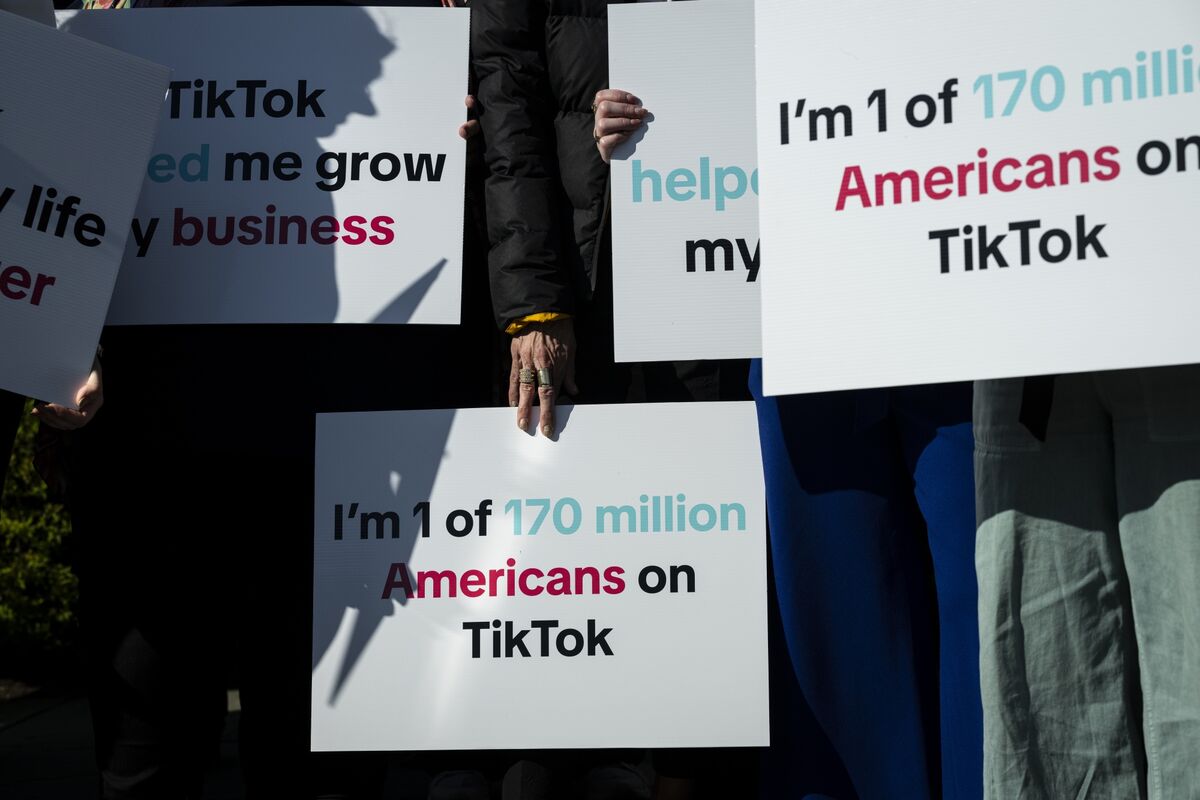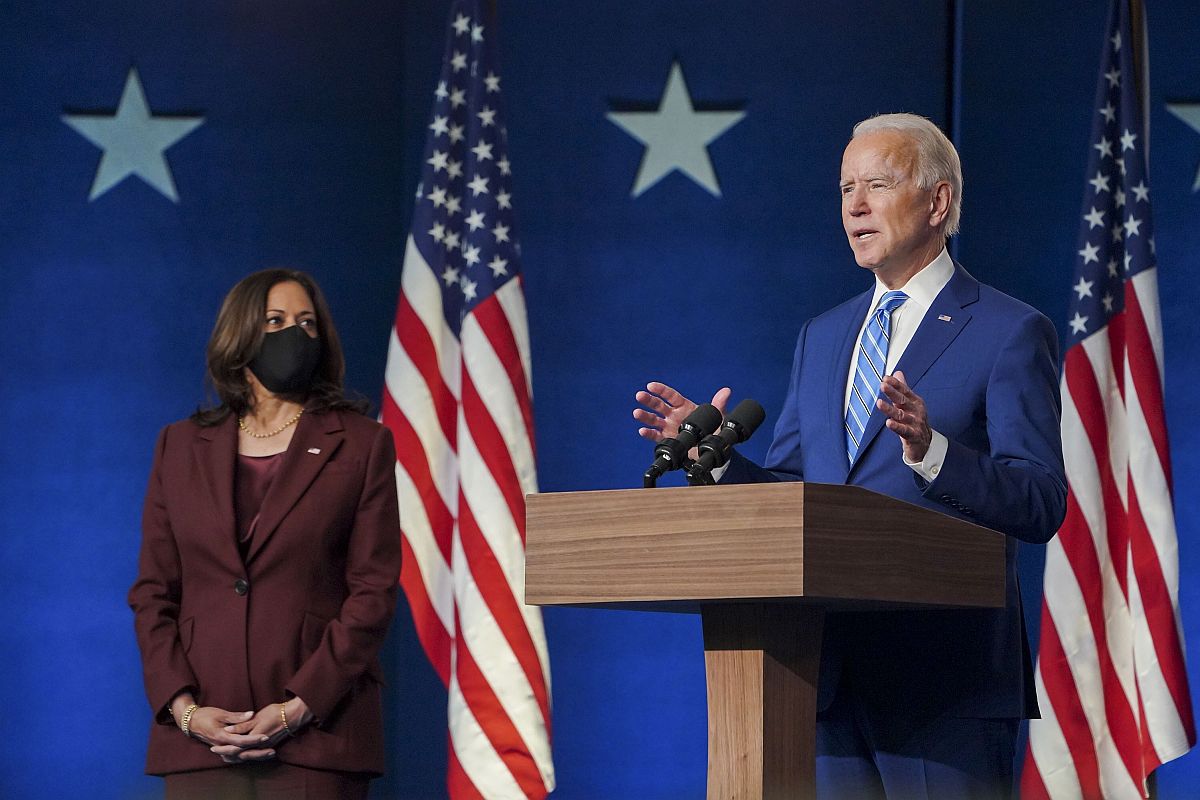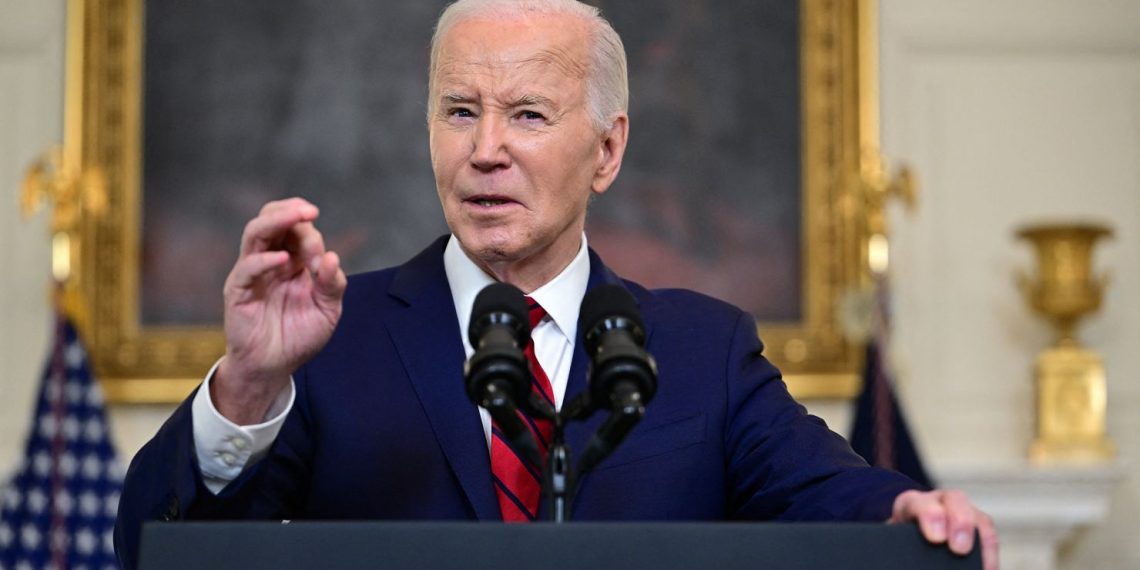Despite the looming threat of a potential ban on TikTok, Joe Biden‘s reelection campaign intends to persist in using the platform as part of its outreach strategy, a campaign official revealed on Wednesday.
This decision comes amidst mounting agitation among young and left-leaning voters, a significant portion of TikTok’s user base, over Biden’s handling of the Gaza conflict, which has sparked protests across university campuses nationwide.
Acknowledging the necessity of engaging voters in a fragmented media landscape, the campaign official, speaking on condition of anonymity, emphasized the importance of meeting voters where they are, including online spaces like TikTok.

However, the campaign plans to implement enhanced security measures while utilizing the app.
Despite concerns about TikTok’s potential national security implications, particularly voiced by the White House, Biden’s campaign staff, who are not involved in national security matters, are permitted to have the app on their devices.
With close to 120 videos posted and over 306,000 followers on the @bidenhq account, the campaign regularly shares content featuring Biden on TikTok.
TikTok’s parent company, ByteDance, intends to challenge the bill that could lead to its ban on First Amendment grounds, expressing confidence in prevailing against the legislation in legal proceedings.
The dispute over TikTok underscores broader tensions between Washington and Beijing regarding technology and the internet.
While former President Donald Trump attempted to ban TikTok during his tenure, citing national security concerns, the courts intervened, preventing the ban from taking effect.
Despite potential challenges, Biden’s campaign does not anticipate significant negative repercussions among young voters.

The campaign emphasizes the importance of youth engagement and has launched an extensive voter outreach program with the support of 15 youth organizations endorsing Biden.
The new legislation grants ByteDance nine months to divest TikTok or face a ban in the U.S., with a possible one-time 90-day extension.
However, any ban’s implementation is unlikely before January at the earliest, pending legal developments.


















